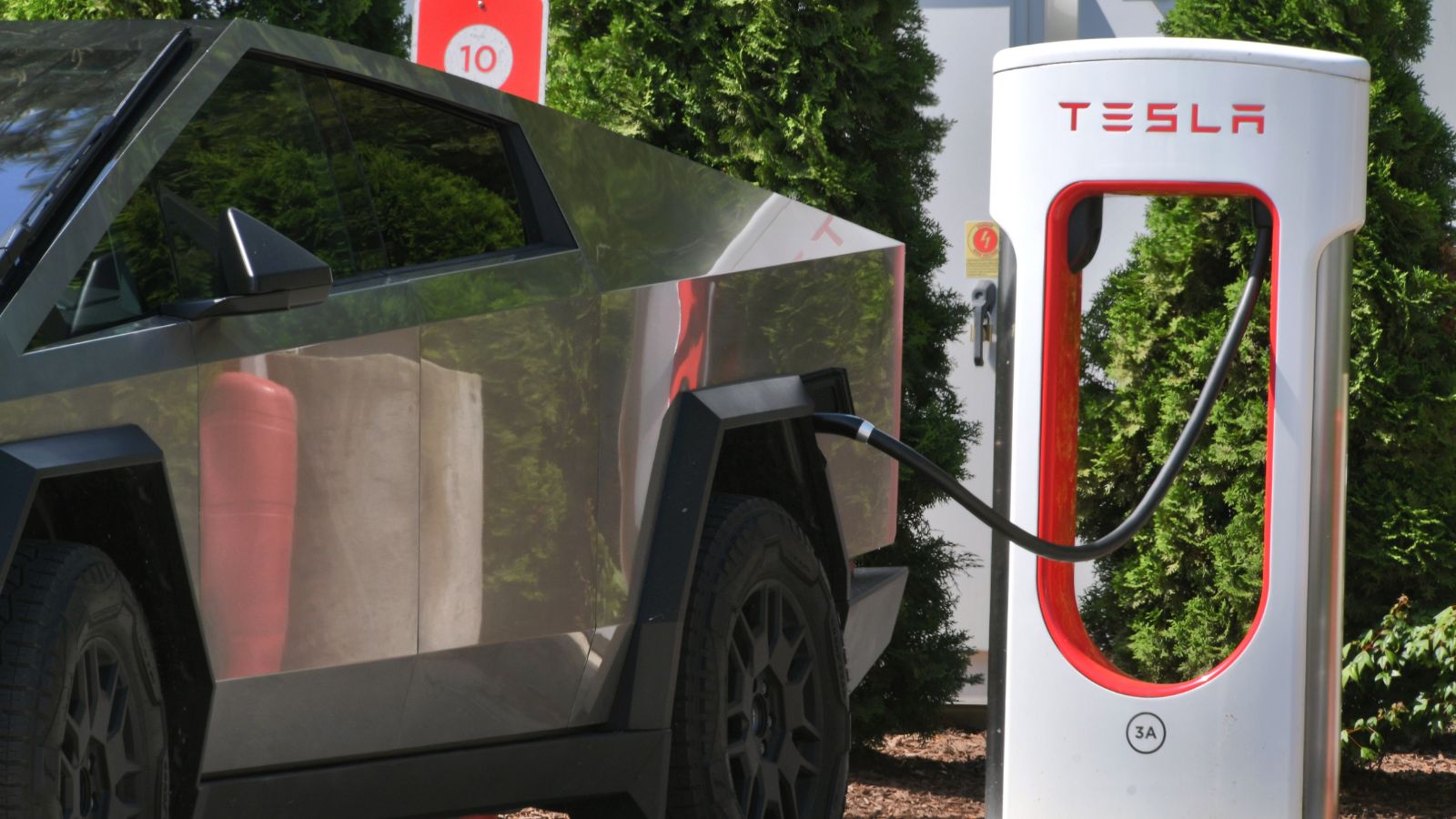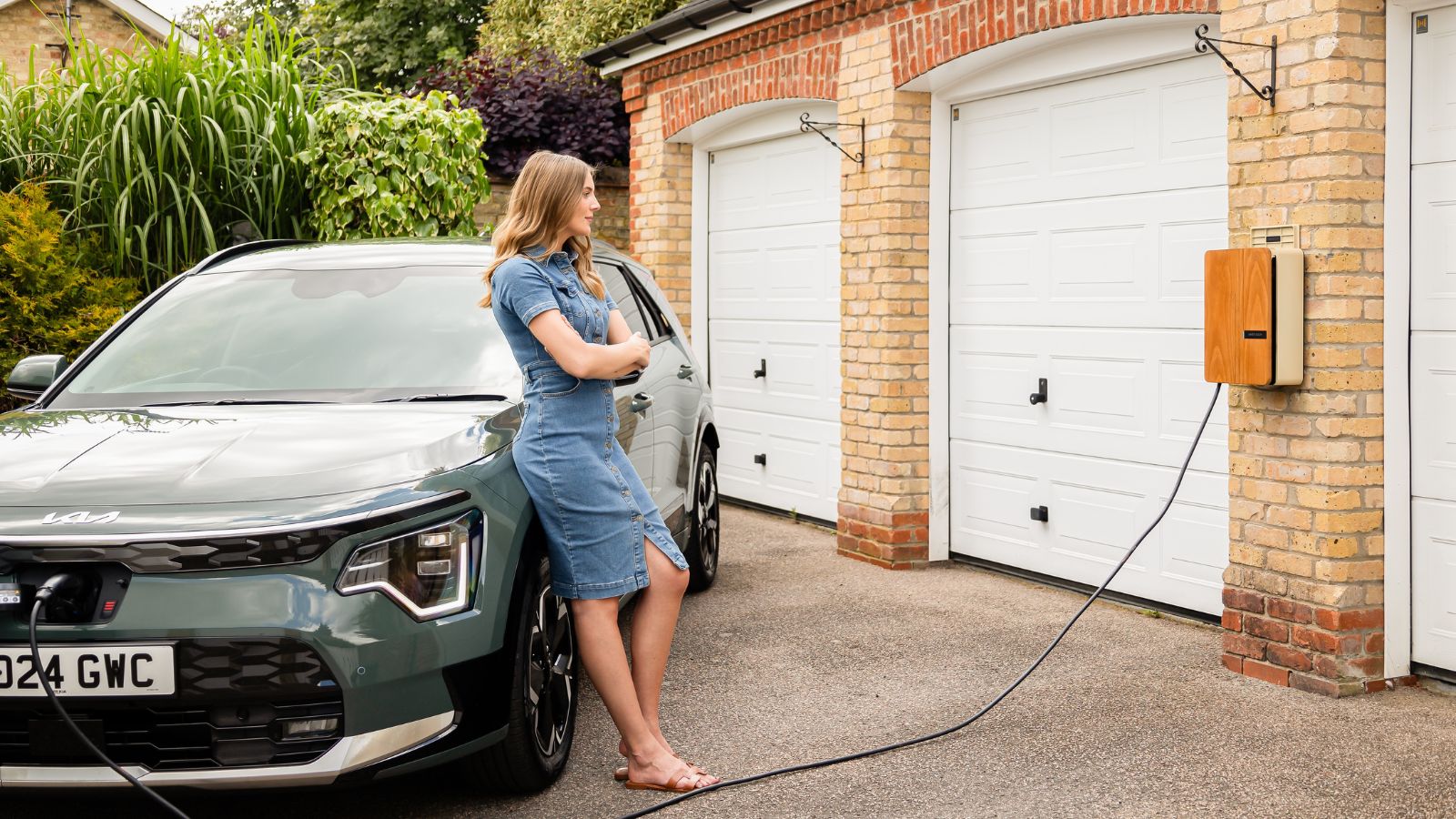Hailed as the future of transportation, electric cars certainly have their advantages, like reducing emissions and cutting fuel costs. However, they’re far from perfect. While manufacturers and enthusiasts highlight their benefits, there are challenges and shortcomings that aren’t discussed openly. Here are some of the hidden drawbacks of electric cars.
Limited Charging Infrastructure

One of the biggest challenges with EVs is the lack of widespread charging stations, especially in rural areas. While urban centers often have multiple charging options, long-distance travel can still feel like a gamble. Drivers have to carefully plan their routes to ensure they won’t end up stranded, a problem traditional gas-powered cars rarely face.
Long Charging Times

To fill up a gas tank takes only a few minutes, but recharging an electric car can take much longer, even with fast chargers. For home chargers, it can take several hours to fully recharge a vehicle, which isn’t always convenient. This is especially frustrating during long road trips, where waiting at charging stations can significantly extend travel times.
High Upfront Costs

While EVs promise long-term savings on fuel and maintenance, the initial purchase price is usually much higher than a comparable gas-powered car. Even with tax incentives, electric vehicles are out of reach for many consumers.
The high cost of batteries and advanced technology makes EVs a premium product, limiting their accessibility. Until prices come down significantly, affordability will remain a major barrier for widespread adoption.
Battery Degradation Over Time

Just like the battery in your smartphone, EV batteries lose capacity over time. This means that an electric car’s range will gradually shrink as the battery ages. Replacing the battery is an expensive process, usually costing thousands of dollars.
While most EV manufacturers offer warranties on their batteries, the inevitable degradation still makes buyers hesitant to invest in an electric vehicle for the long haul.
Limited Range Compared to Gas Cars

Most electric cars can’t match the range of a gas-powered vehicle on a single charge. For drivers who frequently travel long distances, this limitation can be a dealbreaker. While range is improving with newer models, it’s still not enough to eliminate the inconvenience of planning charging stops.
Environmental Concerns With Battery Production

EVs are marketed as eco-friendly, but their batteries come with significant environmental costs. Mining for lithium, cobalt, and other materials needed for batteries often leads to habitat destruction and pollution. The manufacturing process for batteries is also energy-intensive, which offsets some of the emissions savings during the car’s lifetime.
Cold Weather Performance Issues

Extreme cold temperatures can have a dramatic impact on an electric car’s range. Batteries become less efficient in cold weather, reducing the distance an EV can travel on a single charge. Using the heater further drains the battery, making winter driving even more challenging.
High Cost of Repairs

Although EVs require less maintenance overall, when something does go wrong, repairs can be expensive. Specialized components like batteries, electric motors, and software systems often require trained technicians and costly parts.
Unlike traditional vehicles, which can often be serviced by any mechanic, EV repairs are usually limited to certified dealerships or specialists, further driving up costs.
Limited Towing Capacity

For drivers who need a vehicle with towing capability, electric cars often fall short. Most EVs aren’t designed to tow heavy loads, and doing so significantly reduces their range. Traditional trucks and SUVs still outperform EVs when it comes to hauling and towing. This limitation makes electric cars less practical for people who rely on their vehicles for work or recreation.
Dependence on Rare Earth Materials

The manufacture of EVs relies heavily on rare earth materials like lithium, cobalt, and nickel, which are finite resources. The mining and processing of these materials are not only environmentally damaging but also subject to geopolitical tensions. Countries that control the majority of these resources can influence supply and prices, creating a potential vulnerability for the industry.
Home Charging Challenges

Not everyone has access to home charging. Apartment dwellers, renters, and people without garages often struggle to find reliable charging options. Installing a home charger can also be expensive and isn’t always feasible for everyone.
Without easy access to charging at home, the convenience of owning an EV diminishes significantly, creating a barrier for many potential buyers.
Limited Model Variety

The EV market is growing, but the range of available models is still relatively limited compared to traditional vehicles. Drivers looking for specific features, like affordable trucks or large family SUVs, may struggle to find an electric option that meets their needs.
Luxury EVs dominate the market, while budget-friendly and diverse models are still catching up, making it harder for the average consumer to find a suitable vehicle.
Resale Value Uncertainty

Concerns about battery degradation and the rapid advancement of EV technology make older models less desirable, affecting resale values. Potential buyers may hesitate to invest in a used EV, unsure of how much life is left in the battery or how well it will perform compared to newer models.
Range Anxiety on Long Trips

Despite advancements in range, many EV owners still experience range anxiety, especially on long road trips. The fear of running out of charge with no nearby charging station remains a significant psychological barrier. This stress is compounded in areas with limited charging infrastructure or in emergency situations where every second counts.
Dependence on Electricity Grid Stability

Because electric cars rely entirely on electricity, they are vulnerable to power outages and grid instability. In areas prone to blackouts or natural disasters, EV owners may find themselves stranded without a way to charge their vehicles.
This dependence on the grid also raises concerns about whether existing infrastructure can handle a large-scale shift to electric vehicles, especially during peak demand periods.
Limited Knowledge Among Mechanics

Not all mechanics are trained to work on electric vehicles, which can make finding reliable service a challenge. EVs require specialized knowledge, and some repair shops may not have the expertise or tools to handle them.
